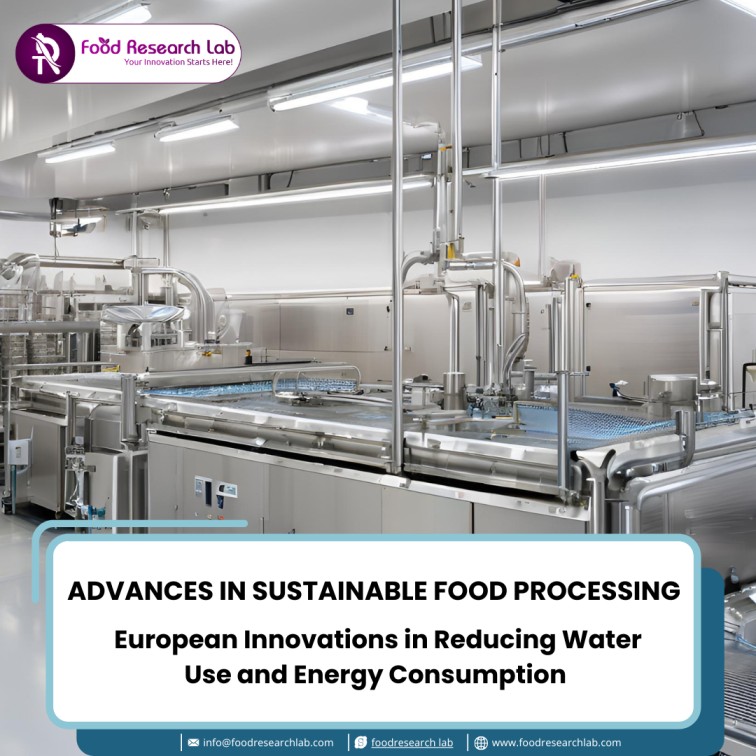Energy Consumption Reduction in Food Processing
The environmental concern about food processing energy consumption arises because it needs energy to conduct heating operations and cooling procedures and refrigeration and mechanical processing activities. Energy-efficient technology advances help decrease both power utility and greenhouse gas discharge to support Europe’s aim of attaining net-zero carbon emissions by 2050.






